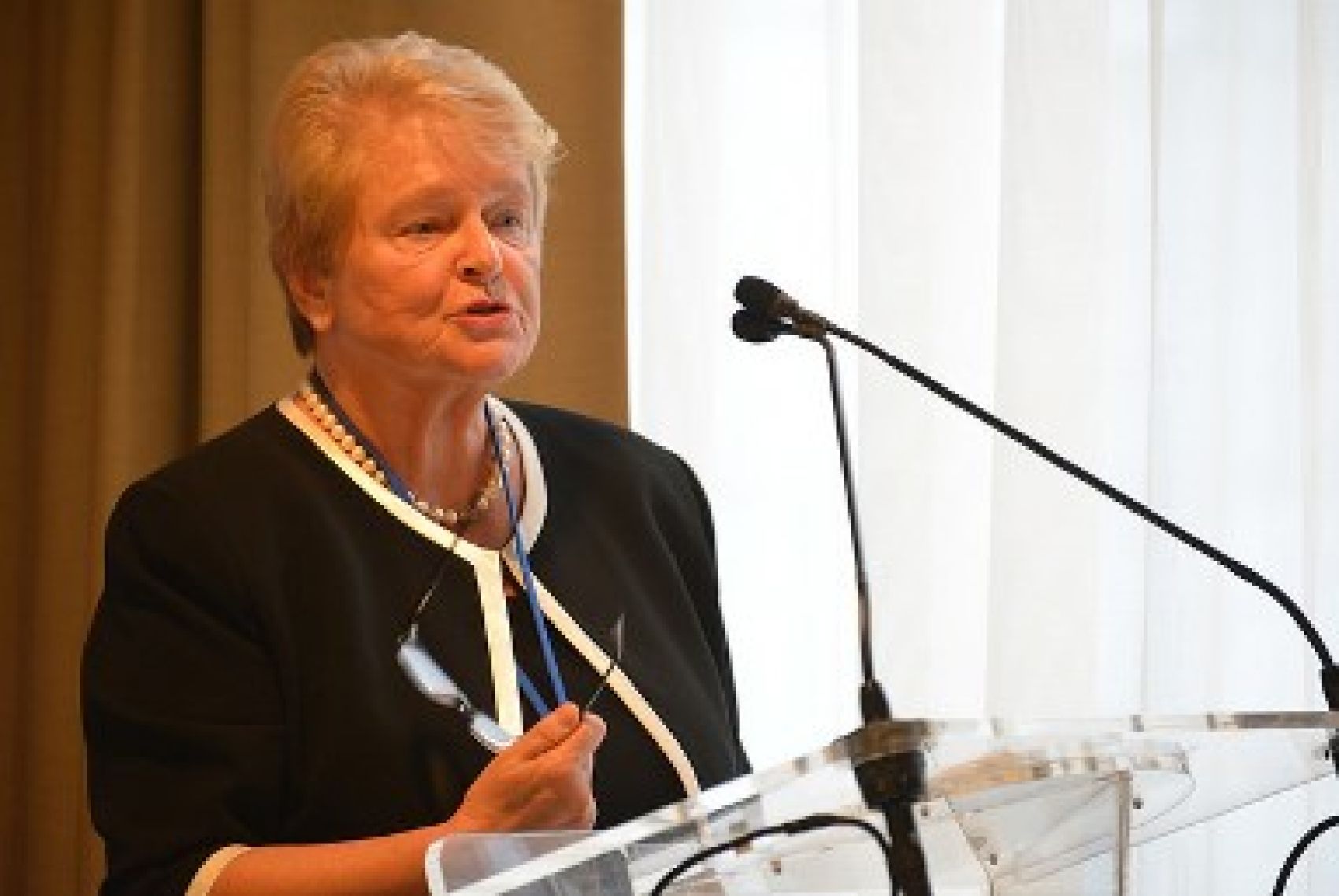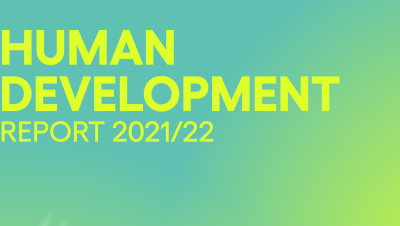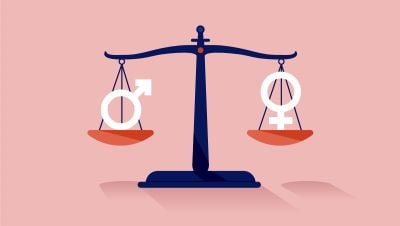Last week I was delighted to receive UNDP’s Mahbub Ul Haq Award for Outstanding Contribution to Human Development. Not only was this an honour, it was also a welcome opportunity for me to reflect on the past 25 years of human development reporting. Why, I wondered, have the reports been so influential?
The innovative spirit and the excellent initiative around the first UNDP Human Development Report impressed me greatly. I applaud UNDP for maintaining this over the past quarter century. I used the reports when I was prime minister. They inspired our work in the World Commission on Environment and Development, in the Norwegian Government and in the initiatives I took in the World Health Organisation.
There are, I believe, several reasons why the reports have been so influential.
First, the human development reports are always built on a solid foundation of reliable, trusted, evidence. Before entering politics I was a medical doctor, and, perhaps because of my medical education, I have always insisted on building on evidence and research-based conclusions when pursuing values and goals to promote equality and better opportunities for all.
Second, global rankings are a powerful agent of change and that global data, and global reporting is crucial for progress. The conversations around the HDI each year – about why some countries outperform others –demonstrate this well. They have had a profound impact on development discourse. Describing, analysing, comparing, even inspiring competition among countries and actors, to be measured and counted, to be transparent and accountable, has been a great gift to humanity and helped us all in moving forward.
But I recognise too that this can be a challenging task. Back in the early 2000s, when I headed the World Health Organisation (WHO), I struggled with many countries, who did not accept that their health systems were being analysed and reported upon. When we in WHO also attempted to rank them internationally, protests grew larger. Of course one needs to listen carefully to concerns, but such protests also reassured me that people are taking notice.
And third, the human development approach recognises the complexity of life. It does not attempt to promote unidimensional solutions to multidimensional problems. Life is more complicated than that and the major global concerns of today are seldom only environmental, social or economic, let alone are their solutions solely within the grasp of one particular government ministry. We must think about the societies as a whole. Thankfully the human development approach provides a way to do that.
Consider, for instance, the key links between health and development – and - health and environment, both of which are recognised in human development thinking. These links had become central to my own thinking already at Harvard in the 1960s, and were amplified and proven as I took on political responsibility in the early 1970s. And framing issues in this way informed much of what I did at the WHO and elsewhere.
Perhaps the human development reports are most compelling when they bring all of these strengths together to argue a point. The most recent human development report, which looked at resilience and vulnerability, includes just such an example, when discussing the importance of universal provision of basic social services to enhance resilience. The report concluded that such the provision of basic services are not just a luxury for the rich but are achievable by countries at all stages of development. It points to the fact that this is not only something experienced by countries such as the Nordic states, but by countries such as South Korea and Costa Rica as well. These countries started their process of social insurance when their GDPs were lower than those of India and Pakistan today.
And so the report took a complex issue, and applied evidence-based analysis and global comparisons, to show that no country need wait for more effective, progressive policies.
Let me conclude with a memorable moment from my time in the Norwegian Parliament back in the early nineties that shows just how much our understanding has matured. I was Prime Minister and was debating sustainable development with an opposition leader. He was insisting I should tell him what was the single most important priority for the Government.
This is how I concluded our exchange, somewhat frustrated, explaining why I could not give him the kind of exact response that he wanted: “because everything”, I said, “is connected to everything else”.
Twenty odd years ago, the press criticized me for my reply, for being evasive and unclear. Today my reply is often quoted as an example of wisdom! Things have indeed changed and we are slowly moving from silo thinking to a better understanding of common goals and responsibilities. The human development reports – both global, regional and national - have played a major part in creating that change. Congratulations UNDP.
View the Mahbub ul Haq Lecture by Dr. Gro Harlem Brundtland
Dr Gro Harlem Brundtland is deputy chair of the Elders. She was the first woman to be elected Prime Minister of Norway, serving for over 10 years. She also chaired the World Commission on Environment and Development, more commonly known as the Brundtland Commission, and was Director General of the World Health Organisation from 1998 to 2003.
Photo credit: Dylan Lowthian/UNDP Photo
The HDialogue blog is a platform for debate and discussion. Posts reflect the views of respective authors in their individual capacities and not the views of UNDP/HDRO.


